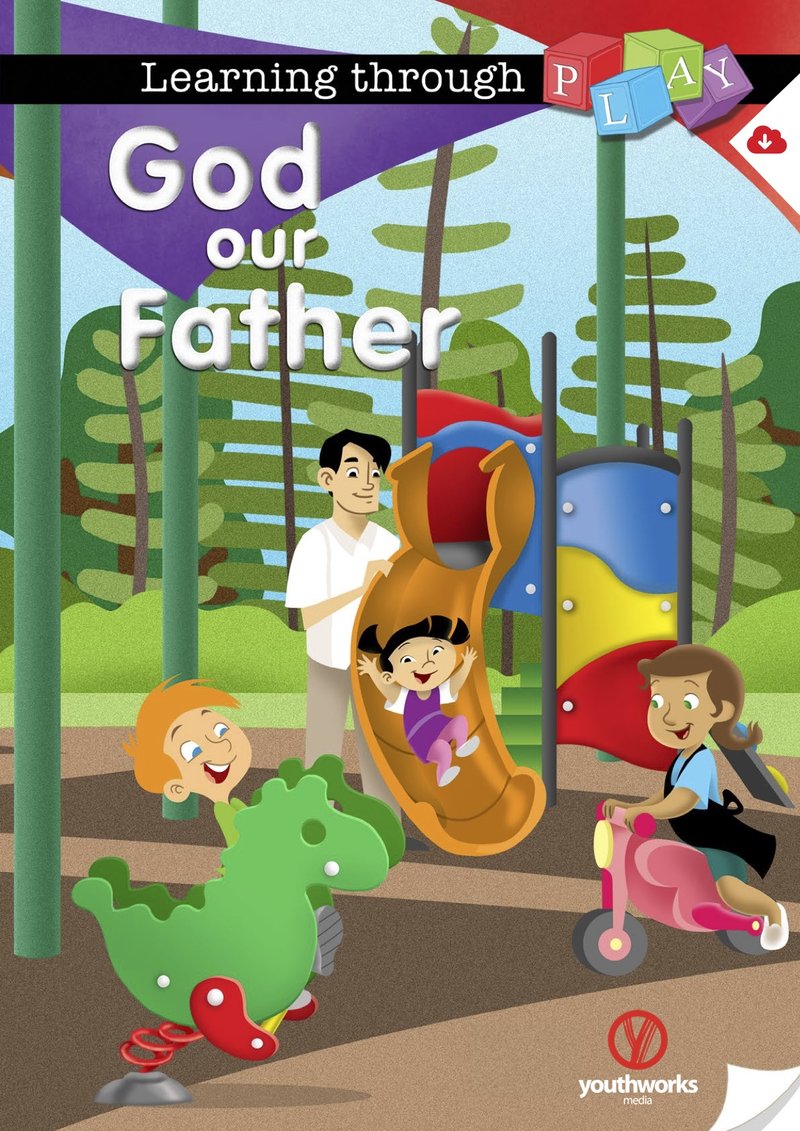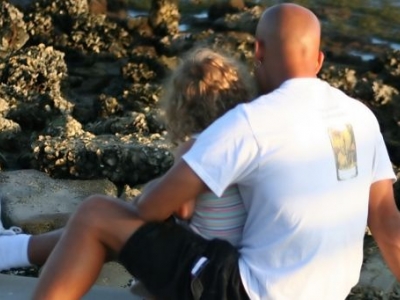
Our Father on Father’s Day
Lessons about fatherhood from the Lord’s Prayer.
As a father, some of my most treasured possessions are handwritten notes which I have received from my kids. My daughter in particular likes to use words of affirmation to express her love, so I am privileged to have a drawer full of these treasures, from the time my kids could first scribble their names. At times their depictions of my parenting is more flattering than I probably deserve, but these notes inspire me to persevere, and to become a better father. My kids’ words remind me of what they value, and what it means to be their dad.
As we come to Father’s Day, we take time to celebrate our fathers, or father-figures, and to thank God for them. We might have good memories of them and can think of good things to celebrate about them. Or we might have memories that aren’t so good but are instead painful. In either case, the Bible points us to God, who is our perfect Father in heaven. He is always good and perfectly loves us and is even better than the ‘World’s Best Dad’.
One example of this is in Matthew 6, and a section known as ‘The Lord’s Prayer’. These are not private words, like my treasured handwritten notes, but words that Jesus taught his disciples publicly as a model for talking to God in prayer.
Our Father in heaven
‘This is how you should pray: “Our Father in heaven… ”’ (Matthew 6:9).
When Jesus taught his disciples to pray, he taught them first to call God ‘Father’. He could have used other terms used in the Bible to describe God, like our Rock, King, Shepherd etc. But instead, he highlighted the term ‘Father’. This term is used in a couple of places in the Old Testament, such as Isaiah 63:16. But predominantly, the language of ‘father’ is found in the New Testament.
This means that the God of the Bible is neither an impersonal energy or ‘Force’, like in Star Wars, nor a cold tyrant who simply wants submissive slaves. The Bible reveals that the Creator of the universe is also our loving Father in heaven. He is a personal and relational being, whom we can know, trust and pray to. As a father, I love to hear my kids call me ‘Dad’. Any other term or title would seem too distant or impersonal (for example, ‘Mister’ or ‘Reverend’). Being called Dad expresses our relationship—I’m not their boss; they are not my employees or slaves. We are family. The same is true for all who trust in Jesus: we are adopted into God’s family, so the Creator of the universe is also our Father.
Our Father provides
“… Give us today our daily bread” (Matthew 6:11).
This means that God cares not only about our spiritual relationship with him, but also our physical needs, including food, shelter and the use of our bodies. God cares about our daily lives and concerns. Fatherhood modelled on this will be fatherhood that makes sure our families have what they need. Not just in material things, but all kinds of other things that families and children need: love, support, encouragement, face-to-face attention, physical activity, rest, safety, prayer etc.
Our Father forgives
“ … Forgive us our debts as we have forgiven our debtors” (Matthew 6:12).
One of the hardest things about being a parent is when our child or children rebel against us. Their breaking of our rules or their innate self-centred behaviour can fill us with pain, frustration or anger, and we can respond in ways that are unhelpful. But children are not the only ones who act selfishly. The Bible reminds us that we all do it, saying that ‘all have sinned and fall short of how God wants us to live’ (Romans 3:23).
But the Bible also tells us the incredible news that God doesn’t treat us as our sins deserve. Instead, he sent his Son, the Lord Jesus, to live a sinless life, to die in our place and to be raised from the dead. In Jesus, God treats us like the father in the parable of the Prodigal Son—rich in mercy and forgiveness.
This means that whenever I make mistakes as a father, or my kids make mistakes (as all humans do), I should look to Jesus’ death as God’s demonstration of his love for me. By reflecting on the cross, I’m refocused on how to deal with my own children, not treating them with judgment and condemnation (although loving discipline is sometimes required), but with the kindness and mercy I have received from God.
The words of my children inspire me to be a better father. But even more so, God’s word, the Bible, teaches and enables me to be the kind of father God wants me to be. Passages like the Lord’s Prayer point me to God as my heavenly Father, the model of perfect parenting—he is personal, he provides and he forgives.
This Father’s Day may we rejoice in our Father in heaven, as well as our earthly fathers, and may our own fathering increasingly be shaped by his.
---
Matt Scheffer is the Vicar of St James’ Anglican Church in Pakenham, in Melbourne’s South East growth corridor. He is married to Fiona and they have two young children. Matt enjoys coffee, AFL football and reading biographies.

God Our Father, Learning through Play
Free play, bite-sized story ideas and craft for little fingers are just some of the creative ways you can teach your playgroup about God their Father.
For more articles from Growing Faith, subscribe to our monthly e-newsletter.
To hear about the latest books and resources from Youthworks Media, subscribe here.








